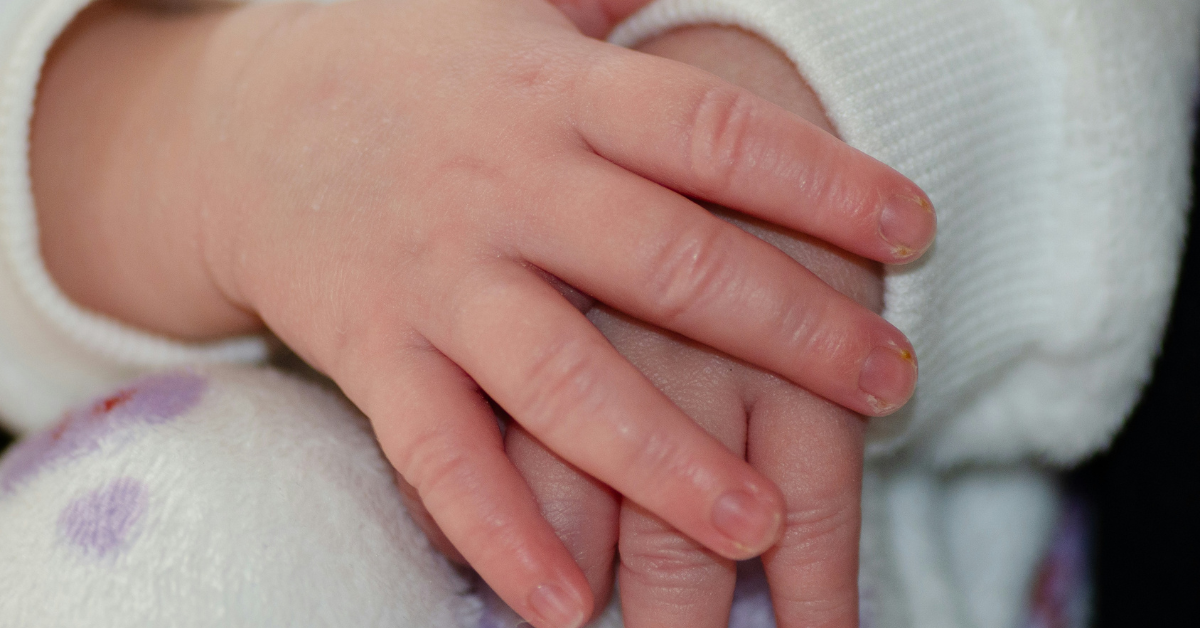Think back to your childhood. Did your parents openly talk about feelings? Or was it more about “Be strong” and “Stop crying”?
In many homes, emotions were brushed aside—not because parents didn’t care, but because they didn’t know how to handle them. Today, we know that helping children understand their feelings isn’t a “soft” parenting style—it’s a powerful tool for raising confident, resilient, and compassionate human beings.
That’s where emotional intelligence in parenting comes in. It’s not just about teaching your child to “be nice” or “control anger”; it’s about building lifelong skills that help them navigate school, friendships, and future challenges.
What Is Emotional Intelligence in Parenting?
Emotional Intelligence (EI) is the ability to recognise, understand, and manage your own emotions—and to help your child do the same.
In the context of parenting, EI means:
- Understanding what triggers your emotions as a parent.
- Responding to your child’s feelings without overreacting.
- Guiding them in naming, processing, and expressing emotions in healthy ways.
💡 Think of it as teaching your child a language of emotions—so instead of acting out, they can talk it out.
Why Emotional Intelligence Is More Important Than IQ
IQ might help your child score well in tests, but EI helps them thrive in life. Studies show children with higher emotional intelligence:
- Build stronger friendships.
- Cope better with stress.
- Perform better academically over time.
- Have higher self-esteem and resilience.
In fact, psychologist Daniel Goleman’s research found that emotional intelligence can be a bigger predictor of success than IQ.
📖 Read more: How Gentle Parenting Techniques Work – an approach that naturally builds emotional skills.
The 5 Key Components of Emotional Intelligence in Parenting
1. Self-Awareness
Before guiding your child, you need to understand your own emotional patterns. Are you quick to anger? Do you shut down during conflict? Recognising these habits helps you respond better.
2. Self-Regulation
Children watch how you handle stress. If you take deep breaths instead of yelling, you’re teaching self-control without a lecture.
3. Motivation
It’s not just about encouraging your child—it’s also about showing perseverance in your own life, which inspires them to keep trying.
4. Empathy
This is the heart of emotional intelligence. It’s seeing the world through your child’s eyes and acknowledging their feelings—even when you don’t agree.
5. Social Skills
From playground arguments to family gatherings, your child will face social challenges. By modelling respectful communication, you help them navigate these moments.
How to Teach Emotional Intelligence to Your Child
Here are practical, everyday ways to nurture EI at home:
- Name the Feeling
When your child says “I’m mad,” expand it: “It sounds like you’re frustrated because your block tower fell.” - Validate Their Emotions
Instead of “Stop crying,” try, “I can see you’re upset because your friend didn’t share.” - Model Calm Reactions
Show them how to take a break when overwhelmed: “I’m feeling stressed, so I’m going to sit quietly for a minute.” - Create an Emotion-Rich Environment
Read books that explore feelings, like The Color Monster, and discuss characters’ emotions.
📖 Also Read: Gentle Parenting Myths: 5 Truths You Need to Know
Real-Life Example: Turning a Meltdown into a Lesson
Picture this: Your toddler throws their toy across the room after losing a game. Instead of snapping, you kneel down and say:
“You’re feeling disappointed because you lost. It’s okay to feel that way, but it’s not okay to throw toys. Let’s take a deep breath and try again.”
In that moment, you’ve acknowledged their emotion, set a boundary, and offered a coping strategy—core EI skills at work.
Benefits of Emotional Intelligence in Parenting
When you make EI a part of your parenting, you’ll notice:
- Fewer power struggles – kids feel heard and understood.
- Stronger parent-child bond – trust grows when feelings are respected.
- Better behaviour – emotional needs are met before they turn into misbehaviour.
- Life-long resilience – kids learn how to bounce back from setbacks.
Breaking Generational Cycles with Emotional Intelligence
Many of us grew up in homes where emotions were ignored or punished. By consciously practicing emotional intelligence, you’re breaking those patterns. You’re showing your child that emotions are not weaknesses—they’re signals that guide us.
Final Thoughts – Raising Emotionally Strong Kids Starts with You
Your child’s emotional intelligence starts with yours. When you slow down, listen, and guide instead of just reacting, you’re not only making parenting easier—you’re shaping the way your child will navigate life.
Remember, kids don’t just learn from what you say; they learn from who you are. Be the emotional role model they can look up to.
FAQs – Emotional Intelligence in Parenting
Emotional intelligence (EI) in parenting means recognising, understanding, and managing your own emotions while helping your child do the same. It’s about raising emotionally aware and resilient kids.
Parents with high EI can communicate better, handle conflicts calmly, and model emotional regulation for their children—skills that help kids succeed in relationships, school, and life.
You can start by naming emotions, validating their feelings, and showing healthy coping strategies.
Yes. When children feel understood and heard, they are less likely to act out. Emotional intelligence helps you respond with empathy instead of anger, turning meltdowns into teachable moments.
Studies show that EI often plays a bigger role than IQ in life success, especially in forming healthy relationships, making decisions, and managing stress.
Practice self-awareness, listen actively, and reflect before reacting.
Empathy is the heart of EI—it allows you to understand your child’s perspective, respond supportively, and strengthen your bond.
Absolutely. By becoming more emotionally aware, you can break cycles of yelling, shaming, or emotional neglect, creating a healthier parenting approach for future generations.



